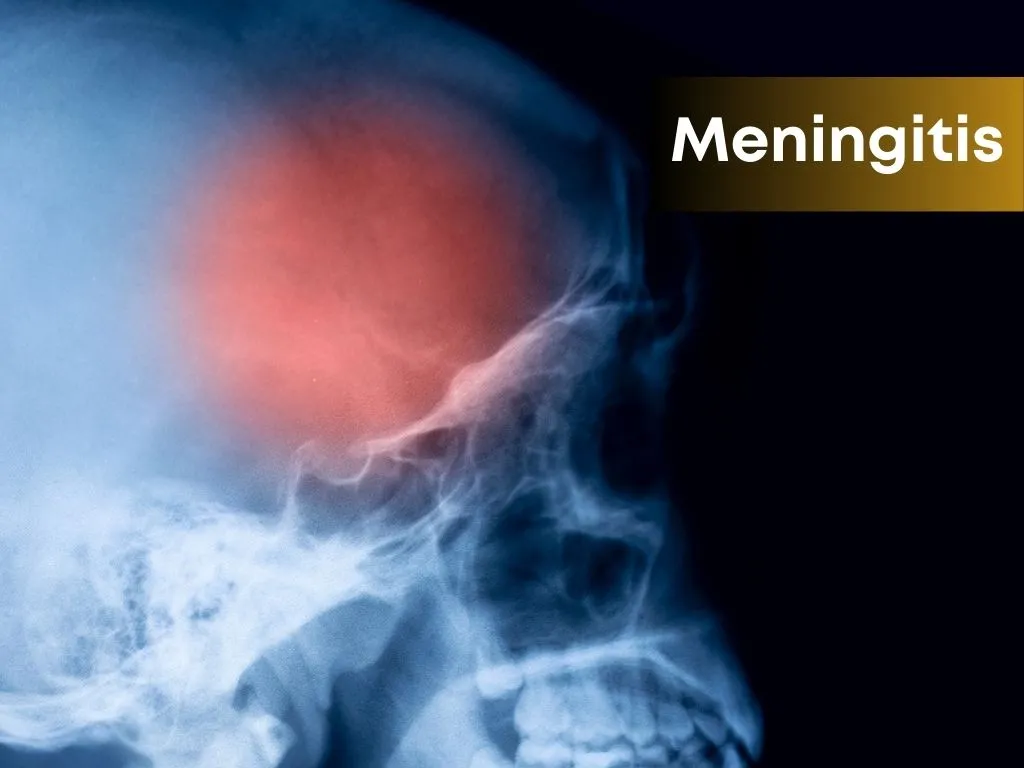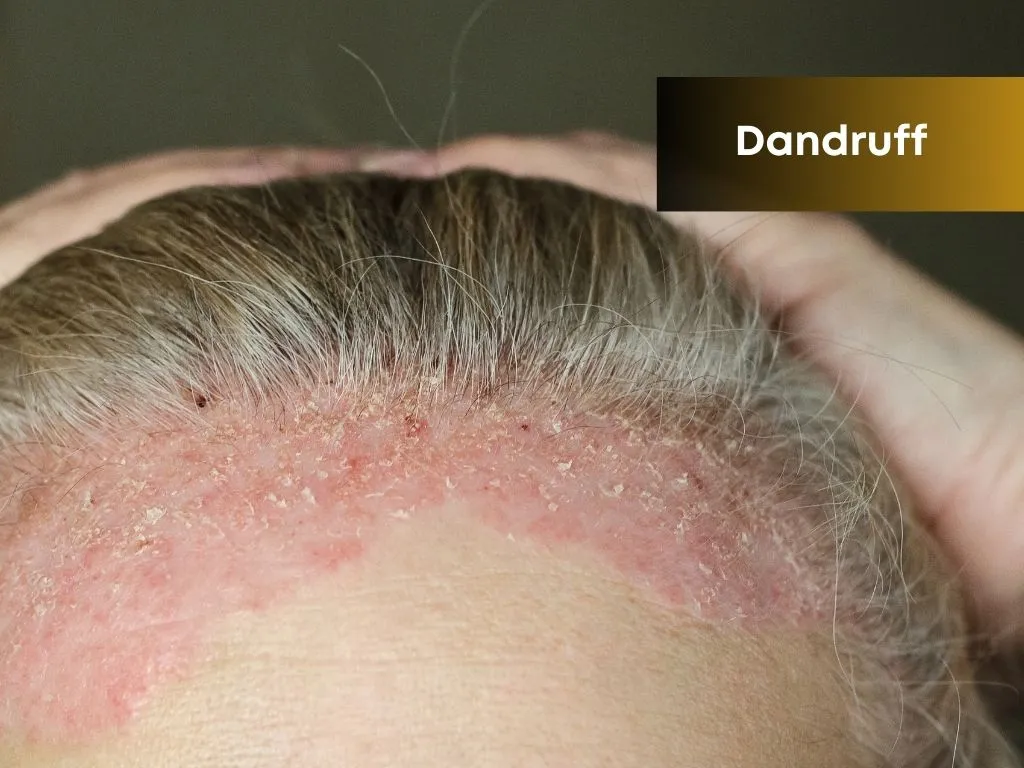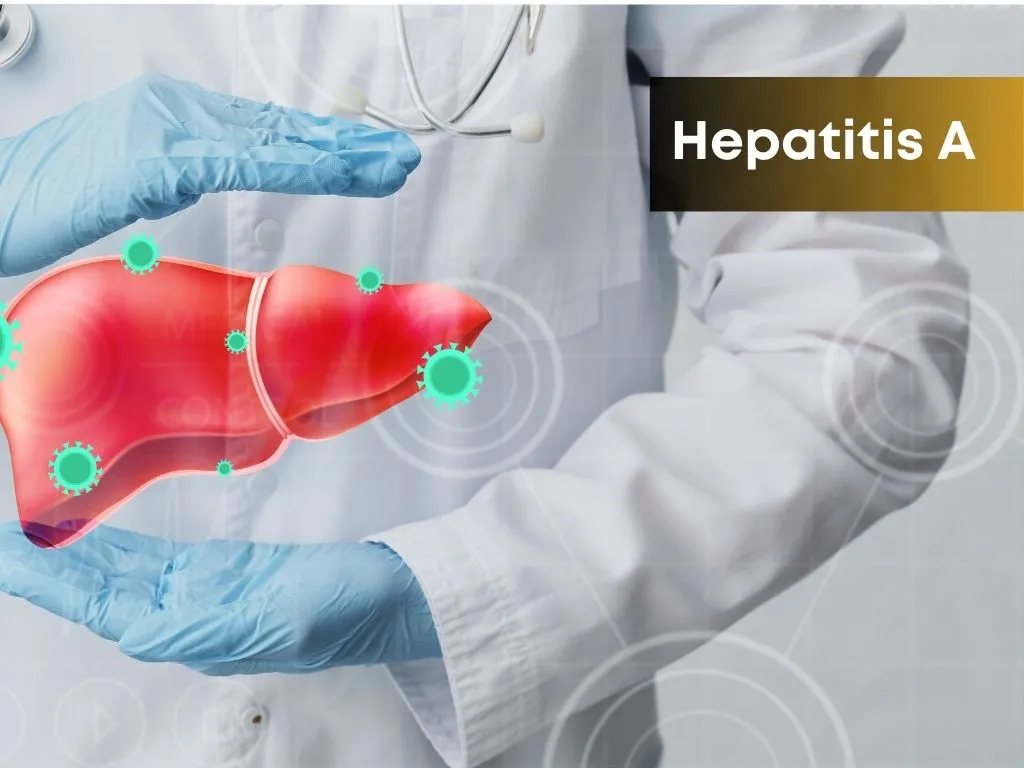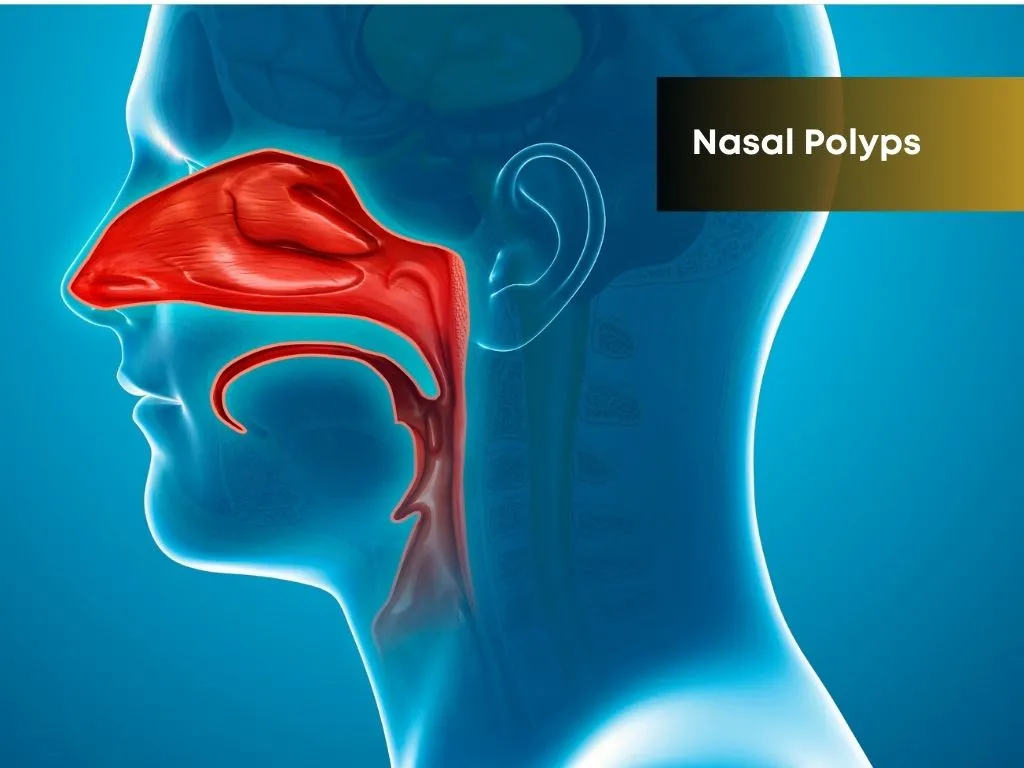Meningitis
-
 Nalamaree Team
Nalamaree Team
- 23 September 2025
Overview
Meningitis is an inflammation of the protective membranes covering the brain and spinal cord, known as the meninges. It is typically caused by an infection, The most common causes of meningitis are viral and bacterial infections.
Viral meningitis is often less severe than bacterial meningitis and typically resolves on its own with supportive care. If left untreated, bacterial meningitis can lead to serious complications, including brain damage, hearing loss, and death.
Causes
1. Infectious Agents:
- Viral
- Bacterial
2. Non-Infectious Causes:
- Chemical Irritation
- Fungal or Parasitic Infections
- Autoimmune Disorders
- Cancer
3. Post-surgical or Traumatic:
Congenital Condition
Symptoms
Treatment: Modern Medicine
Treatment: Traditional Medicine
Caution
Prevention
Vaccination:
- Haemophilus influenzae type b (Hib) vaccine
- Pneumococcal conjugate vaccine (PCV13)
- Meningococcal conjugate vaccine (MenACWY)
- Meningococcal serogroup B vaccine (MenB)
- Measles, mumps, and rubella (MMR) vaccine
- Varicella (chickenpox) vaccine
Avoid Sharing Personal Items: Avoid sharing utensils, drinks, food, or personal items such as toothbrushes or lip balms, which can facilitate the transmission of bacteria or viruses that cause meningitis.





















.jpg.webp)
